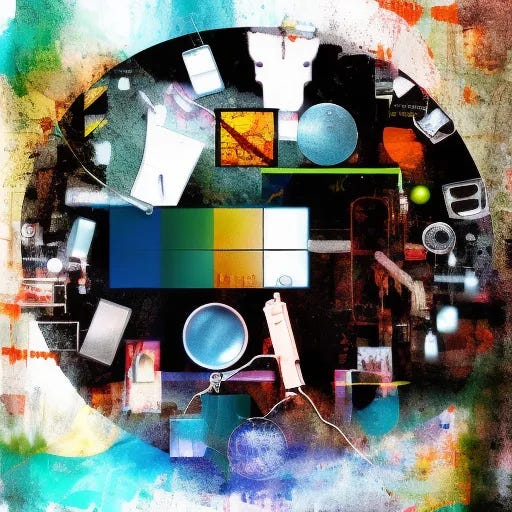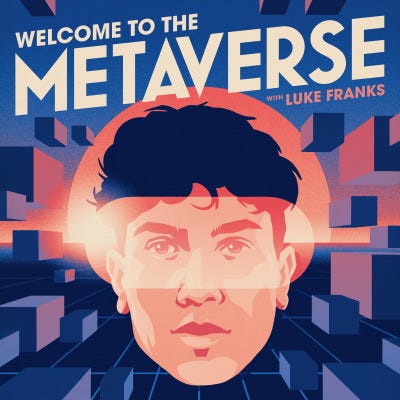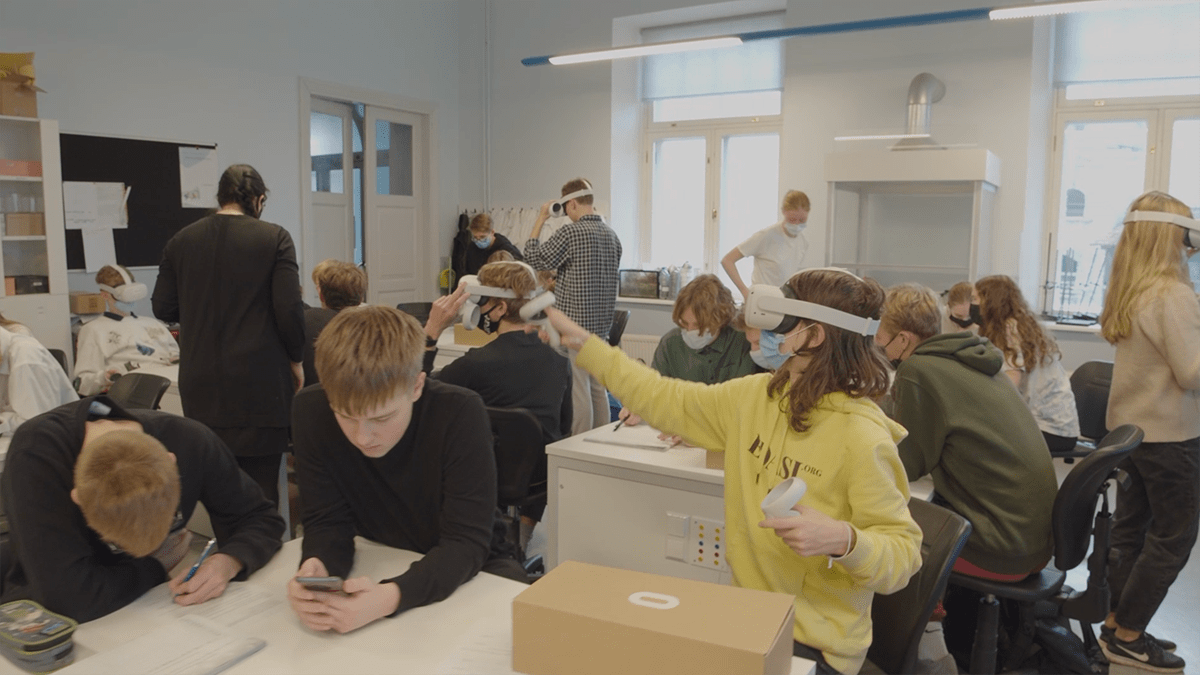Hello web3 and educator frens,
This tweet from the Ed3 DAO Twitter account got me thinking:


What is my strategy? How do I source all this information for this newsletter? Where do I go to find valuable resources to share?
I realized that this is a great opportunity to share how I approach these questions.
Most people’s journey in web3 is a mix of podcasts, YouTube videos, Medium articles, and maybe some sharing on Twitter. From the beginning that was my inspiration for creating this newsletter in the first place.
I started to realize that it is hard to find the signal in the noise. It was also a challenge to locate reliable resources that connected all of this information to my job as an educator.
My goal in sharing how I source information is to inspire you. I would love to see more educators producing content around web3 and how they apply it to their schools or classroom.
There’s no exact science to this. In fact, part of my “hack” is to trick the algorithms into feeding you articles and posts from people and topics that offer valuable information. I source a lot of my information from traditional sources like Twitter, Google News, or LinkedIn, the use of effective search queries helps to fast-track this discovery.
Enjoy this week’s issue with resources from:
📰 Misha da Vinci’s newsletter explains the role that web3 has in shaping the future of humanity
🤖 News and opinion website Vox discusses improvements in AI technology
🎙 Podcast interview with an Edtech founder about the power of blockchain and digital ownership for educators
🥽 Article shared in my LinkedIn network on the efficacy of VR lessons
Web3 and the Future of Humanity
Image from Misha da Vinci
Newsletters are a great place to get a mix of individual opinions/outlooks and interesting resources. You should already know that because you are reading a newsletter right now! There are a variety of newsletter types to access info on web3. Some are specifically geared towards the blockchain, but I would also suggest subscribing to ones that cover AI, NFTs, the metaverse, or futures thinking.
One of my favorites is this newsletter by Misha da Vinci. It’s a nice mix of thoughtful commentary and top-notch resources. I always learn something new and my thinking is pushed in a new direction. I’d recommend this issue in particular. It is a great reflection on how web3 can shape the future of humanity.
Can AI Be Too Good?
Jasu Hu for Vox
Major publications are getting hip to web3 and are providing well-researched articles on this topic. For example, quality resources can be found in Forbes, Time, Politico, Bloomberg, and CNBC. They vary in scope and focus with some being more finance-centered or metaverse. But in general searching large media platforms can be a great place to get insight into what the masses are reading.
This article on AI was recently published in Vox. It is a rather in-depth analysis of how AI is impacting our society. The viewpoint is more pessimistic than a web3-focused resource tends to be, but it is thorough. It is important to read how writers with backgrounds in futures, technology, and science discuss web3.
“Finally” a Real NFT and Education Use Case
Image from Luke Franks
I am a major podcast consumer. Apple and Spotify offer a huge library of podcasts on their platforms, especially on crypto and the metaverse. Sometimes it feels like it is too much. It is hard to find quality podcasts that provide thoughtful analysis and deep conversation.
I’ve recently become really partial to the Welcome to the Metaverse podcast. The host is really warm and covers a wide variety of topics from education, business, and finance. This particular episode was interesting for its focus on an emerging edtech product with an NFT angle.
VR Lessons Can Increase Learning
Image by Futuclass
I have spent a lot more time on LinkedIn over the past month. The reasons behind this could be an annoyance with Twitter’s algorithm tweaks, or just looking for something new. I have found that there is a huge community of educators, futurists, and technologists on LinkedIn sharing about AI, the metaverse, and blockchain. The content is much more thoughtful and informative than what I have been finding on “NFT Twitter.”
This study is on the learning impact of immersive environments that I came across in my LinkedIn network. I have previously shared about the importance of sound research exploring the learning impact of web3-related technologies. As educators, we rely on academia to provide research and data that either supports or repudiates what we do in our classrooms. I look forward to accessing more professional-level resources as I grow my Linkedin community.
Thank you for stopping by for another issue of my web3🤝education newsletter. If you’re on LinkedIn you can check out a version of this newsletter on my LinkedIn page and give me a follow. You can also link to all my work by checking out my blog or give me a follow on Twitter.









Great article! For me the real challenge is to keep track of the things I read or consume. I’m a real mess with this, creating google docs and notes all over the place…. Do you have any tips for this?